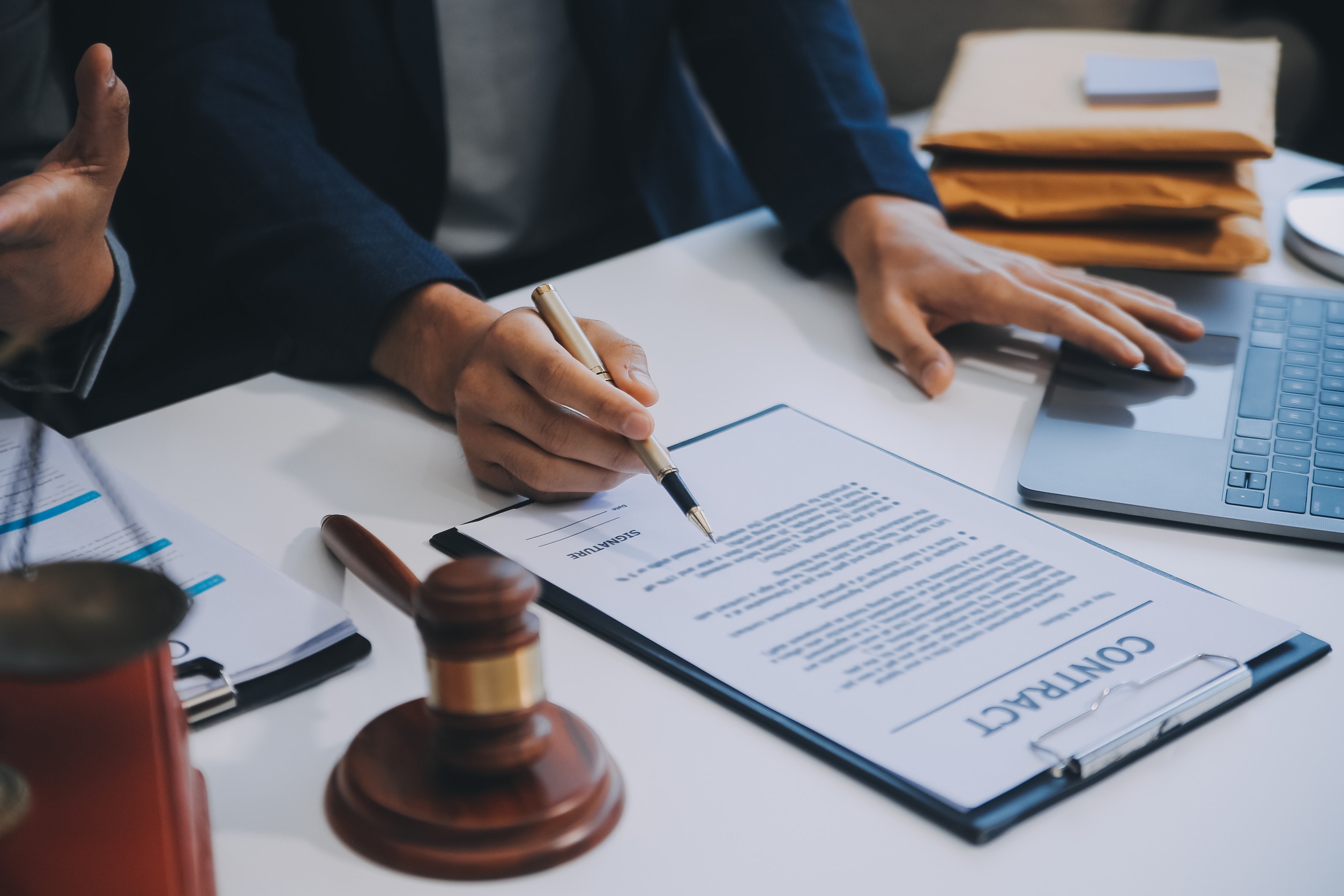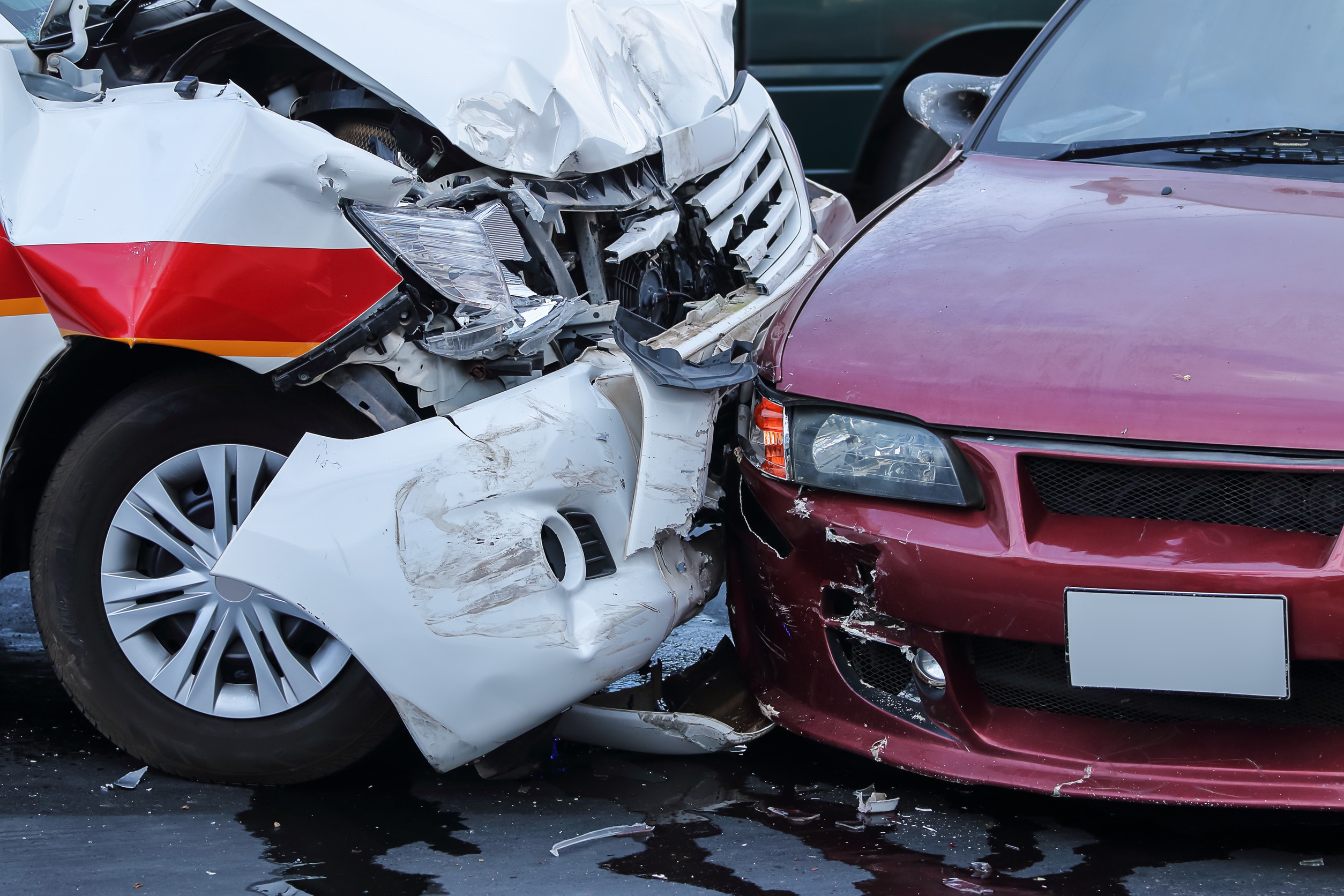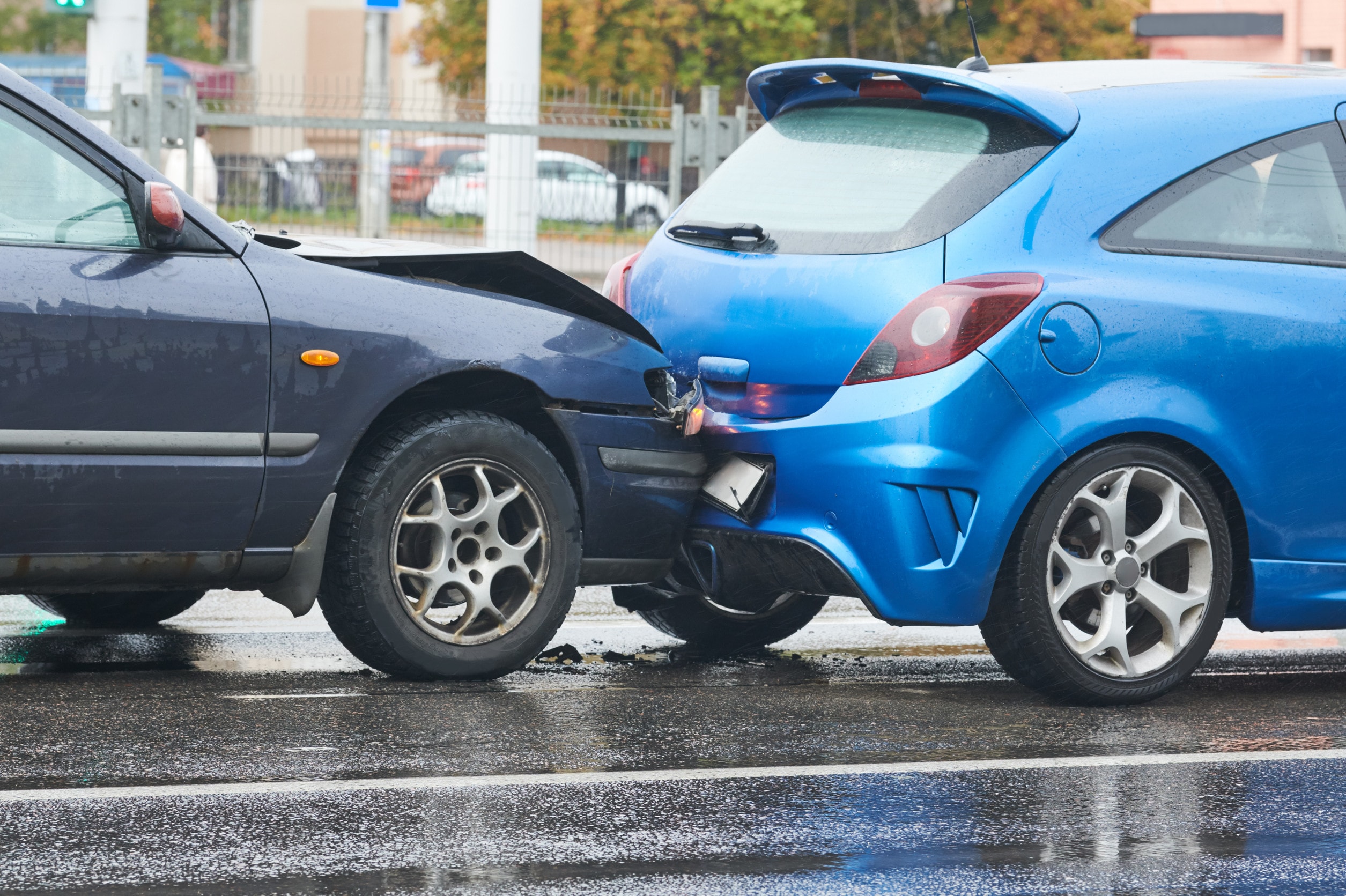If you’ve suffered an elbow injury because of someone else’s negligent actions, you likely have questions about claiming compensation. After all, an elbow injury can have a much wider effect on a person’s life than some might think, and compensation can reflect that impact. Our guide will not only explore elbow injury compensation amounts in the UK, but also demystify the process of making a claim in the first place.
At UK Law, we work with a panel of solicitors who have already helped countless clients all over the country achieve personal injury compensation, and you could be next.
Contact Us
If you’ve suffered an injury to your elbow in an accident that wasn’t your fault, our team of advisors are here to help from the moment you get in touch. They understand that every potential claimant deserves complete support, and they will ensure that your situation is carefully assessed before potentially putting you in touch with one of the solicitors from our panel.
Contact our advisory team today to start your path to justice, and please keep reading to find out everything you need to know about elbow injury compensation. Get started by:
- Calling on 020 3870 4868
- Using the live chat feature
- Contacting us online
Jump To A Section
- The Average Elbow Injury Compensation Amounts In The UK
- How Is Elbow Injury Compensation Calculated?
- Can I Make A Compensation Claim For An Elbow Injury?
- What Accidents Could Lead To An Elbow Injury Being Sustained?
- What Are Some Elbow Injury Examples?
- How Can I Make A Claim For Elbow Injury Compensation?
- Can I Make A No Win No Fee Claim For An Elbow Injury?
- Estimate Your Elbow Injury Compensation Amount With UK Law
- Learn More
The Average Elbow Injury Compensation Amounts In The UK
For a severely disabling elbow injury, the average compensation amounts in the UK (specifically England and Wales) are £47,810 to £66,920, as per the Judicial College Guidelines (JCG). Solicitors and professionals use this document to value general damages, the part of a claim that would compensate you for your injuries. It’s useful for this task because it pairs varying severities of injuries with respective guideline compensation brackets.
General damages are one of 2 kinds of compensation that can form your final payout. Every successful claimant receives general damages, which not only consider the injury itself, but also the way it has affected their quality of life. If those injuries result in financial loss, then special damages may be included in a claim.
You can take a look at some JCG brackets below, but keep in mind that these are for guidance only, and the first figure isn’t from the document.
| Injury | Compensation |
|---|---|
| Multiple Severe Injuries Including an Elbow Injury, with Financial Losses, Like Lost Earnings | Up to £750,000+ |
| Loss of 1 Arm (i) | Not Less Than £167,380 |
| Loss of 1 Arm Above Elbow (ii) | £133,810 to £159,770 |
| Loss of 1 Arm Below Elbow (iii) | £117,360 to £133,810 |
| A Severely Disabling Elbow Injury | £47,810 to £66,920 |
| Less Severe Elbow Injuries | £19,100 to £39,070 |
| Moderate or Minor Injury (ii) | Up to £15,370 |
| Moderate or Minor Injury (iii) | £6,700 to £7,930 |
| Moderate or Minor Injury (i) | In the Region of £4,310 |
Keep reading to learn more about how elbow injury compensation amounts are calculated, or get in touch today to get started with your claim.
How Is Elbow Injury Compensation Calculated?
When elbow injury compensation is calculated, your financial losses are also taken into account. These are considered under a second head of compensation, known as special damages. Under this heading, you can claim back losses caused by your injuries, including the cost of:
- Lost earnings, which can extend to projected losses and any impact on promotions and bonuses
- Medical costs, which can include private surgery to treat fractures and joint damage
- Phyiotherapy and occupational therapy, which you may have needed to restore movement in your elbow
- Counselling, if you also suffered psychological harm
- Travel to attend medical appointments. This can include both car and public transportation
- Childcare, if your injuries meant you needed extra support
To recoup your financial losses, you’ll need evidence. This can include documentation like receipts, invoices, wage slips, and bills.
Our advisors are here to help, so please feel free to reach out to learn more about how injury compensation amounts are calculated. You can also keep reading to find out if you might be eligible to claim.
Can I Make A Compensation Claim For An Elbow Injury?
You can claim for an elbow injury, as long as you can prove that negligence occurred. In terms of making a claim, negligence means that:
- Someone owed you a duty of care (This essentially means that they are responsible for your safety)
- They breached this duty of care
- You suffered an injury as a result
The duty of care you’re owed in various places is backed up by different legislation, including:
- The Health and Safety at Work etc. Act 1974 (HASAWA): Your employer has a duty of care to protect your safety, health, and well-being while you’re working, and HASAWA states that they need to take reasonably practicable steps to achieve this.
- The Occupiers’ Liability Act 1957 (OLA): When you’re in a public place, the occupier in control of that space has a duty towards all visitors, as per OLA. That involves them using practical measures to keep you reasonably safe while you’re visiting.
- The Road Traffic Act 1988 (RTA): All road users need to avoid causing damage or harm to others and themselves. To help meet this obligation, they’re also expected to follow the RTA and the Highway Code.
Get in touch with our advisory team today to start your free, no-strings consultation, where you can find out whether or not you could be eligible to make an elbow injury claim.
What Accidents Could Lead To An Elbow Injury Being Sustained?
There are many ways that an accident could lead to an elbow injury being sustained, including:
Road Traffic Accidents
- An uninsured driver knocks you off your motorcycle while not paying attention at a junction in a hit-and-run. This causes you to suffer severe hip injuries, as well as a broken elbow.
- A drink driver crashes into your car side-on, leaving you with a broken leg and a fractured elbow.
Accidents At Work
- Your employer doesn’t conduct any routine risk assessments, allowing several unmarked trailing cables to build up in walkways. As a result, you trip and fall, leading you to suffer a concussion as well as an elbow injury.
- Despite knowing that there is a broken step in the warehouse where you work, your employer makes no effort to signpost the hazard or have it fixed. This causes you to fall down the stairs, hitting your arm and damaging the ligaments around your elbow.
Accidents In Public Places
- While at a shop, a sign falls down and hits you in the arm. Management had known the sign was faulty for some time, but they did not cordon the area off or take action to remove it.
- A gym fails to signpost a wet floor or properly clean up a puddle of water from a leaking pipe. Due to this, you slip on the wet floor and hit your elbow, leaving it seriously fractured.
The examples above are only a few of the ways that negligence can occur. Keep reading to learn about the different kinds of elbow injuries you could sustain, or contact our advisors today to get started with your claim.
What Are Some Elbow Injury Examples?
Some examples of elbow injuries you could sustain include:
- Fractures
- Dislocations
- Sprains
- Strains
- Nerve damage
- Cuts
- Bruises
- Soft tissue damage
If you’ve suffered any of the above, please speak to one of our advisors as soon as possible to share what happened to you and see if you can make a claim.
How Can I Make A Claim For Elbow Injury Compensation?
To make a claim for elbow injury compensation, you need to prove that negligence by another party has occurred. We’ve already discussed what negligence means, but how do you prove it?
The kinds of evidence that you will need to prove your claim will depend on the specifics of your case. For example, the evidence used in a road traffic accident claim may not be relevant for an incident at work. With that said, you could use the following to strengthen your claim:
- Pictures of your injuries, for instance, noticeable bursitis, dislocation, or lacerations
- Medical records, which can include copies of scans and X-rays
- Pictures of the accident site can show how your elbow injury was sustained, such as inadequate lighting or a staircase in serious disrepair
- CCTV, dashcam, or video footage of the accident happening
- The contact details of witnesses (this allows their statements to be taken later by your solicitor)
- Police reports, especially in the case of a road traffic accident
- If your elbow injury was suffered on the road, you’ll also need the contact details for the other involved party. Be sure to get their insurance and vehicle particulars, like the registration, if possible
If this sounds daunting to you, don’t worry; our panel of solicitors have extensive experience helping clients prove their claims. Keep reading to learn more, or get in touch with our advisory team today to get started.
Can I Make A No Win No Fee Claim For An Elbow Injury?
Yes, you can make a No Win No Fee claim for an elbow injury with a solicitor from our panel. While you aren’t obligated to make a claim with professional help, it can be beneficial to speak to one before getting started, and No Win No Fee agreements make this straightforward.
In particular, our panel of solicitors work with their clients using something called a Conditional Fee Agreement (CFA). This type of No Win No Fee contract gives you access to all of their services and their decades of knowledge, all without being asked to pay any solicitor’s fee:
- Upfront
- As the claim proceeds
- At all if you don’t get compensation
You’ll only need to pay for your solicitor’s work if you win. This payment is taken as a percentage of the compensation and is referred to as a success fee. Since this percentage is capped by legislation, you’ll keep the vast bulk of the compensation.
This makes working with a solicitor much more accessible, and can make the process of using their services feel much less stressful. Keep reading to learn more about how one of the solicitors from our panel could help you, or contact our advisors for more guidance on elbow injury compensation amounts.
Estimate Your Elbow Injury Compensation Amount With UK Law
If you’re looking for a way to estimate elbow injury compensation amounts with UK Law, look no further than a solicitor from our panel. Not only can they walk you through what you may be able to claim compensation for, but they can also help you:
- Negotiate a settlement that fairly reflects your pain and suffering
- Communicate with the defendant so you can focus on your recovery journey
- Gather evidence to strengthen your claim and make sure this documentation is presented effectively for your case
- Translate jargon so that you never feel lost navigating the claims process
And they’ll do all this under the terms of a CFA, ensuring you always benefit the most from claiming with a solicitor from our panel.
Contact Our Team Of Advisors
Don’t wait to start your claim; contact our team of advisors today to take your first steps towards compensation as soon as possible by:
- Calling on 020 3870 4868
- Using the live chat feature
- Contacting us online
Learn More
To learn more about making a personal injury claim:
- See how to make a crush injury claim
- How to claim for a head-on car accident
- Find out how to claim for a buckle fracture
Or, to find further resources:
- Basic health and safety information from the Health and Safety Executive (HSE)
- Information on elbow and arm pain from the NHS
- First aid advice from St. John Ambulance Service
Thank you for reading our guide on elbow injury compensation amounts.














